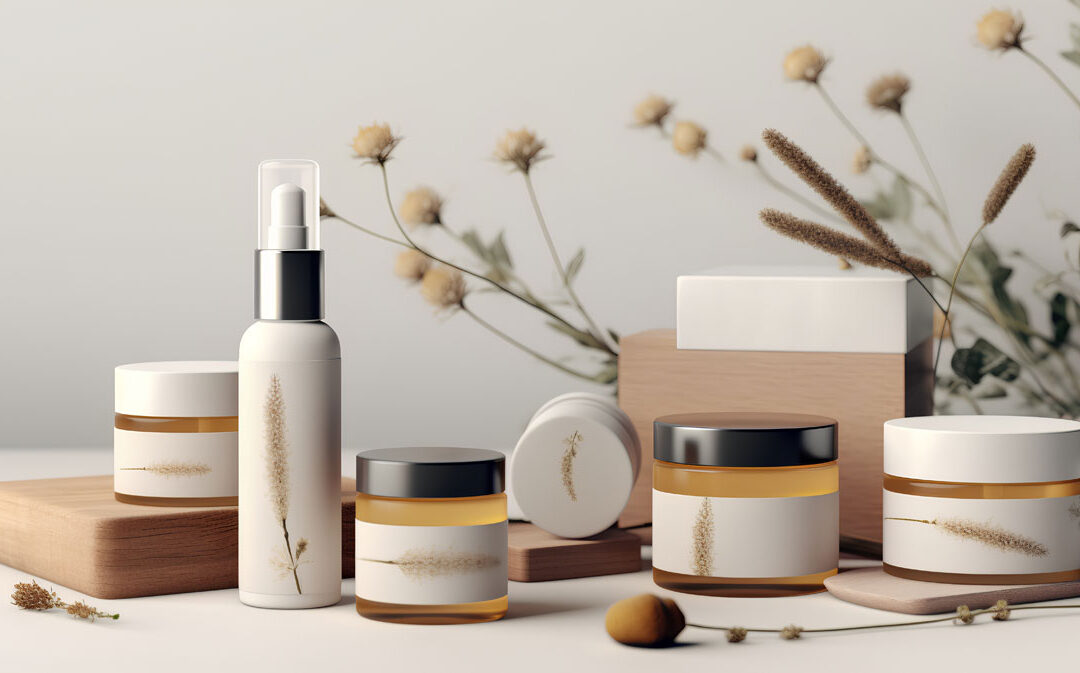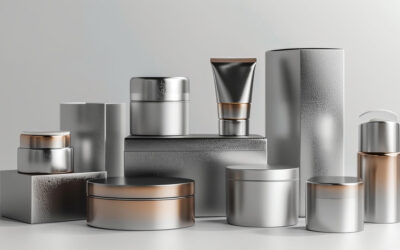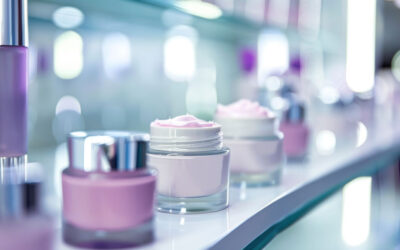White label manufacturing or white labeling refers to where a business or retailer works with a manufacturer to create white label skincare products using the retailer’s unique branding. Put simply, it involves branding another business’ products as your own.
Thanks to private label skin care and white labeling, it’s possible for a retailer to access a large range of good products, build their brand, and increase their profit margins. All this helps make them competitive.
The Advantages of White Label Skincare
Building a white label skin care brand comes with several benefits, such as lower cost compared to developing proprietary products, explaining its popularity worldwide. As a business owner, you can benefit from stocking many skincare products for customers to buy.
Other advantages include:
- Risk mitigation
- Time effective
- Builds your brand
- Cost effective
- Hassle free
The benefits of white label skin care are many and diverse and can give you a competitive edge in the crowded beauty and skincare niche.
How White Labeling Works
White labeling is a common business practice where a retailer purchases a beauty product manufactured by another company and markets it as their own. Once the terms of the contracts are hashed out, the custom white label products get manufactured independently.
This means that a qualified manufacturer will handle the manufacturing and branding processes, and then avail them to you for sale. Many white label companies in the beauty space engage multiple clients via this model, enabling many businesses to benefit from it.
A white label partnership between a retailer and a manufacturer involves the following key points:
- The manufacturer has full control over the ingredients that will go into making the final products
- Your agreement with the skincare suppliers white label will involve the supply of generic products that aren’t customized to you. However, you’ll retain control over how the product looks, its packaging, and its brand name.
- The manufacturer will not trademark the products sold to you, but they can still sell similar products to other interested retailers with different branding.
The above three points are the hallmark of a partnership agreement between a retailer and a white label manufacturer.
Successful Examples of White Label Skin care Companies
You may not have known this, but most of the beauty and skincare regimens on sale today are manufactured by a handful of companies. In certain cases, these cosmetic products have the same formulation, and the only thing that differentiates them is their packaging design.
Successful examples of such companies include:
- Onoxa
- Radical Cosmetics
- Private Label Skin Care
- Mineral Mine
- Audrey Morris
These represent a small portion of successful companies using the white labeling model.
Quality and Variety of Products Available in The White Label Market
White labeling involves the mass manufacture of generic products, which are then customized for sale by different brands. The concept of white labeling has become widely accepted globally and now traverses various industries.
You can bulk order white label products, have them printed on demand, or even have the manufacturer drop-ship them for you. Examples of popular white label products on sale today include:
1. Reusable Water Bottles
A reusable water bottle is an excellent blank canvas for any design, especially if you’re a designer or artist looking to sell merchandise. You can use this low-cost idea to sell a reproduction of your ideas to your fans at an affordable rate.
2. Phone Accessories
White label phone accessories like stainless steel water bottles are affordable to produce, easily customizable, and widely available. Artists and designers can use them to showcase their work and earn an income from them
3. Fitness Clothing and Accessories
Trends in athletic wear and fitness gear ramped up during the COVID-19 pandemic and revolutionized the way people work out. Water bottles, fitness equipment, and leggings are available from multiple print-on-demand companies at an affordable rate.
4. Mugs
Travel mugs emblazoned with your company logo, ceramic mugs engraved with memes, or enamel cups featuring custom artwork –all these are viable options to consider when you want to white label mugs.
Inconsistency in quality is a common fear among retailers looking to venture into white labeling. While this fear is founded, it’s possible to prevent inconsistencies by conducting due diligence when hiring a manufacturer.
How to Choose A Quality White Label Skincare Provider
It’s crucial to conduct thorough market research before selecting a white label manufacturer to work with. You must keep in mind that the manufacturing processes followed by this company will influence the quality of your products, which will, in turn, affect your brand.
In your search for a reputable manufacturer, make sure to:
- Conduct market research to identify renowned manufacturers in the cosmetics niche. For this, you may need to check various industry forums, go through online directories, and even attend cosmetics exhibitions.
- Analyze product certifications, quality, and ingredient sourcing practices. Make sure to look into where each manufacturer sources its ingredients. For your brand to survive, you need to work with a manufacturer such as L.C.B., whose ingredient sourcing practices are well known.
Thoroughly researching private label suppliers can help you set yourself up for success by creating products that reflect both quality and integrity.
Conclusion
White labeling is revolutionizing the cosmetics industry, and this is not about to slow down anytime soon. The business model offers many benefits, including access to pre-made products at an affordable rate and timely delivery of your products.
But to enjoy these benefits, you must start by selecting a good partner.






